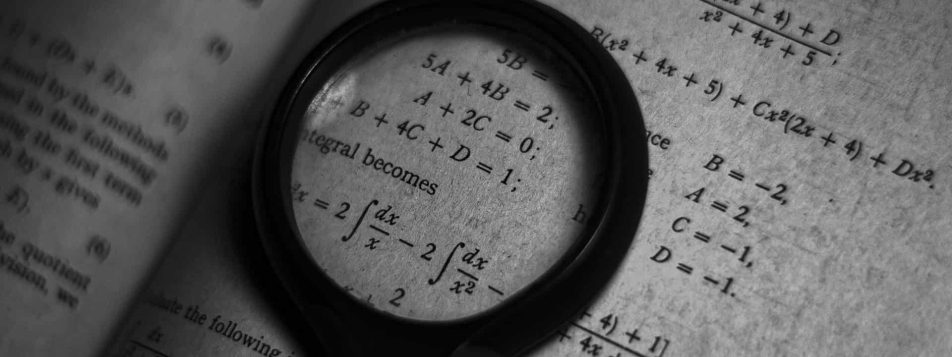First grade
First grade is when students begin learning about math with addition and subtraction. To make this class exciting for your child, you can do timed math drills at home with flash cards and lots of positive reinforcement.
Children in 1st grade may have an individualized education plan (IEP) which outlines their learning goals for the year as well as any special accommodations they may need to succeed.
Second grade
In this grade, students begin learning basic multiplication tables. They’re also expected to be able to read fluently by this time.
The teacher will also focus on social studies topics like American history and geography, as well as science topics like astronomy and weather patterns.
Once again, students may receive an IEP that goes over their goals for the year; it’s also a good time to talk to your child’s teacher about any concerns you have about your child’s progress in school or specific areas he/she needs help with.
Third grade
At third grade level, most students have to be able to write short essays from memory or from dictation; they should also be able to identify geometric shapes in two-dimensional figures.
Students will continue working on social studies topics like government systems. The topics are come from around the world while focusing on science topics such as animal adaptations and ecosystems.
Students will start doing more independent reading during this level as well. Especially, one of the most important literacy skills. It will help them become successful readers later on in life.
A third grade IEP may include goals for your child in areas like math, language arts, social studies, science and reading.
Fourth grade
Fourth grade is when students excel at using strategies to solve complex problems such as word problems. They also begin learning about pre-algebra concepts like fractions and ratios.
Students will continue studying many different social studies and science topics while focusing on critical thinking skills. An IEP for fourth grade may include goals in areas like math, reading comprehension and writing skills.
Fifth Grade
Fifth grade is the year students learn how to do division of whole numbers, decimals and fractions; they also learn about exponents and roots.
The student will also have to study major events that took place during the Civil War and present them on a timeline.
This involves researching primary sources as well as writing a report based off of their research findings.
Fifth graders will take part in learning about various cultures around the world through geography lessons; they’ll use maps and globes to get more familiar with other countries’ political systems as well as their natural resources.
A fifth grade IEP may focus on continued development in literacy skills such as writing reports from memory or from dictation while addressing the need to build social/emotional skills such as cooperation with others.
Sixth grade
Sixth grade is when students learn about decimals in more depth and begin studying pre-calculus concepts like ratios, rates, proportions and percent.
They also do quite a bit of research on one social studies topic of their choice; this may involve interviewing and observing people who are experts in the area as well as doing some hands-on research to find out more information about the subject.
Sixth graders also read an autobiography or biography written by someone famous. An IEP for sixth grade may include goals in areas like math, reading comprehension and writing skills.
Seventh grade
Seventh grade is when students are expected to be able to accurately solve multi-step operations with fractions and decimals; they’ll also study pre-calculus concepts such as slope.
In addition, they’ll have a lot of fun learning about American government by researching laws from various eras in history while keeping track of changes that were made over time.
Students will be expected to write a persuasive essay on an issue that matters deeply to them; they will need to cite evidence from sources outside their textbook while using correct form when writing this essay.
Seventh graders should make sure that there is a balance between completing their homework assignments in school and spending time doing quality reading at home.
It’s important that students continue working hard especially if they want to get into a good college after high school graduation!
Eighth grade
Eighth grade is the year your child begins studying quadratic equations in algebra class.
He/she will cover some basic statistics as well as begin learning complex numbers using formulas such as i2 = -1 where i is used to represent square root of minus one because it can’t be represented using letters or other symbols due to its imaginary quality.
In eighth grade, students will be introduced to geometry topics such as congruent triangles and quadrilaterals.
They’ll also learn how to use geometric objects like cones to solve problems involving real world situations!
Your child’s IEP for eighth grade may include goals for areas like math, science, social studies, language arts and writing skills!
Cudy is an online marketplace where you can find the best tutors to assist you in preparing for university entrance exams and improving your grades. The tutor will help you with any topic you're having trouble with. Cudy also has tutors from the world's best universities, so you don't have to worry about their reliability.






